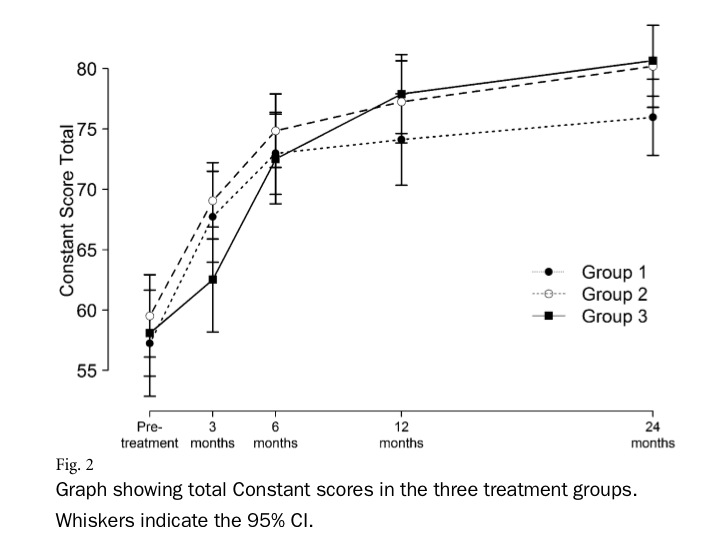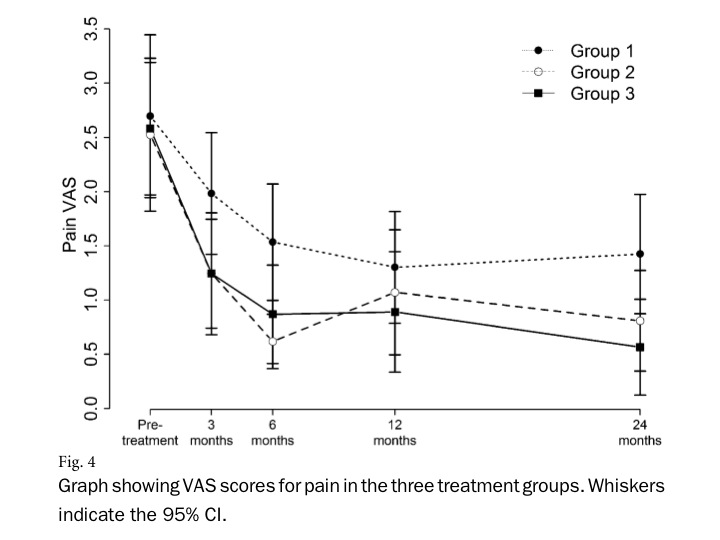Despite having no symptoms, many of us will develop age-related changes in the musculoskeletal structures of our bodies, similar to the aging effects on our skin. These findings are most prevalent on highly sensitive imaging techniques such as MRI and often lead to unnecessary and costly medical procedures. Our shoulders are also prone to development of age related changes including rotor cuff muscle tears which may or may not be symptomatic or interfere with our functional and recreational activities. In particular, rotator cuff tears are age dependent and the prevalence of both symptomatic and asymptomatic tears increases with increased age (Sher et al. 1995). For example, 1 in 3 adults over the age of 60 will have a rotator cuff tear on MRI (Fehringer et al. 2008). A Key question to ask when these changes are found would be, “what treatment, Physical Therapy or surgery, is most effective for my symptoms?”
A recent article asked the question, “Which is the most effective treatment for non traumatic rotator cuff tears?” Kukkonen and colleagues released their findings in this month’s Journal of Bone and Joint Surgery (2015). They studied 167 shoulders (full thickness supraspinatus tears) in 160 patients and randomized these patients to one of three groups. 1. Physical Therapy 2. Physical Therapy plus bone spur removal and 3. Physical Therapy, bone spur removal and rotator cuff repair. All of the patients who entered the study had functional range of motion in their shoulders before being randomized. Patients were followed for up to 2 years which provided excellent data on symptoms, function, and patient satisfaction. The authors found no significant differences between groups on patient satisfaction, symptoms, and function at the 2 year follow up.
Given the long term evidence, individuals with non-traumatic tears should strongly consider a 8-12 week course of Physical Therapy prior to any surgical intervention. Failure of conservative treatments including Physical Therapy, unrelenting night pain, and progressive loss of function warrants surgical consultation. To learn more about the effectiveness of conservative treatments for rotator cuff disease contact your local Physical Therapy experts at Mend.


